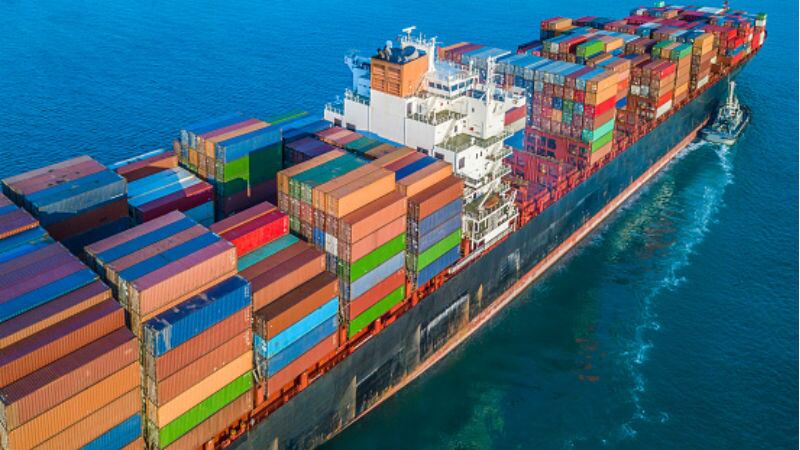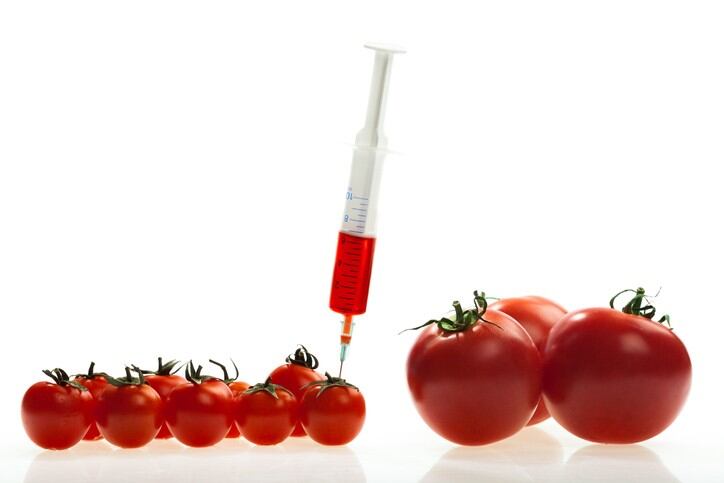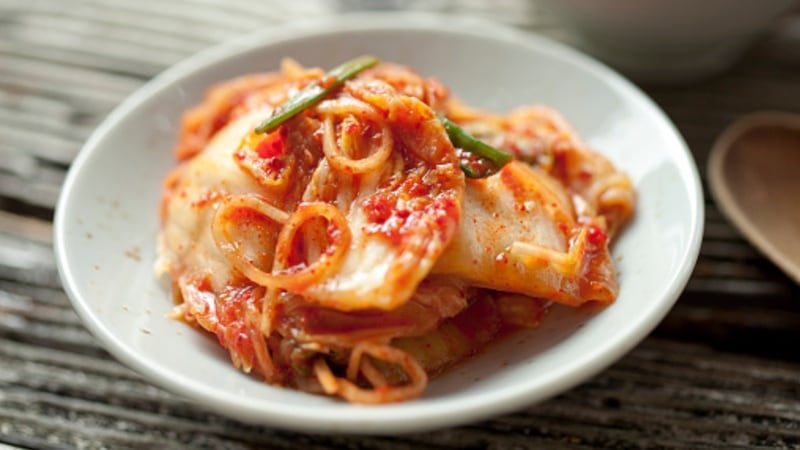The new application process would require food firms looking to bring processed food items into Indonesia to obtain an approved Surat Keterangan Impor (abbreviated as SKI, Import Notification Letter) from Indonsia’s Badan Pengawas Obat dan Makanan (BPOM, National Agency of Drug and Food Control) before being allowed to import any processed foods into the country.
This newest amendment would fall under the 2021 version of the country’s food and drug import law. In the previous 2017 version, processed foods were not specified as part of the import items list required to obtain an SKI for entry – this included drugs, cosmetics, health supplements and certain fresh foods and processing ingredients, but not processed foods.
“There are two types of SKI – the Border version for traditional medicines and drugs or the Post Border version for other items such as health supplements, cosmetics and food – firms importing processed foods would need to apply for the SKI Post Border,” stated BPOM via a formal statement.
“[In the latest 2021 version of the import law], a clause has been added to specify processed foods, which are food or beverage products that have been processed with specific processes or methods, with or without additional additives [and are usually ready for distribution].
“The food items that are allowed into Indonesia for circulation must already have the necessary sales and distribution permits.”
The new regulations also specify shelf-life requirements for imported processed foods, likely to avoid product dumping or soon-to-expire items from entering to the country and reaching lower socio-economic households that might purchase these at lower prices, unaware of the food safety risks.
“Food products that are brought into Indonesia must have a minimum shelf life that is at least two-thirds of its original full shelf-life at the point of bring imported into the country,” said BPOM.
“There are certain processed foods which can be exempted from this requirement if, in accordance with the rules and regulations governing it, it does not have a specific expiry limit [but is still deemed to be in accordance with food safety requirements].”
BPOM is also encouraging all food firm applicants to go digital by registering via Indonesia’s National Single Window website, which is part of the nation’s attempt to ‘debureaucratise’ its governmental operations and increase transparency, in addition to boosting Indonesia’s international trade with the world.
Tightening controls
Indonesia is not the only country as of late to attempt the imposition of stricter controls over imports – Earlier this year, China also launched its own mandatory overseas food manufacturer registration platform to ‘strengthen management’ over imported food products manufactured overseas.
Announced by the General Administration of Customs of China (GACC), the new regulations will come into effect on January 1 2022, and no further grace period will be given, meaning the products made by all overseas food firms that have not yet registered by then will not be granted entry into China.
China has been getting gradually stricter about its imported food products since the COVID-19 pandemic hit, especially in terms of frozen and fresh food imports due to suspicions of these being potential coronavirus carriers.
Indonesia has not previously had a reputation for strict food import regulations, and this latest move is likely aimed at improving the quality and food safety of items that enter the country which would boost the local food sector’s reputation, thus enhancing trade opportunities to lift the country’s hard-hit economy.
The final reviews and decision over the draft regulations is expected to be announced next year.





